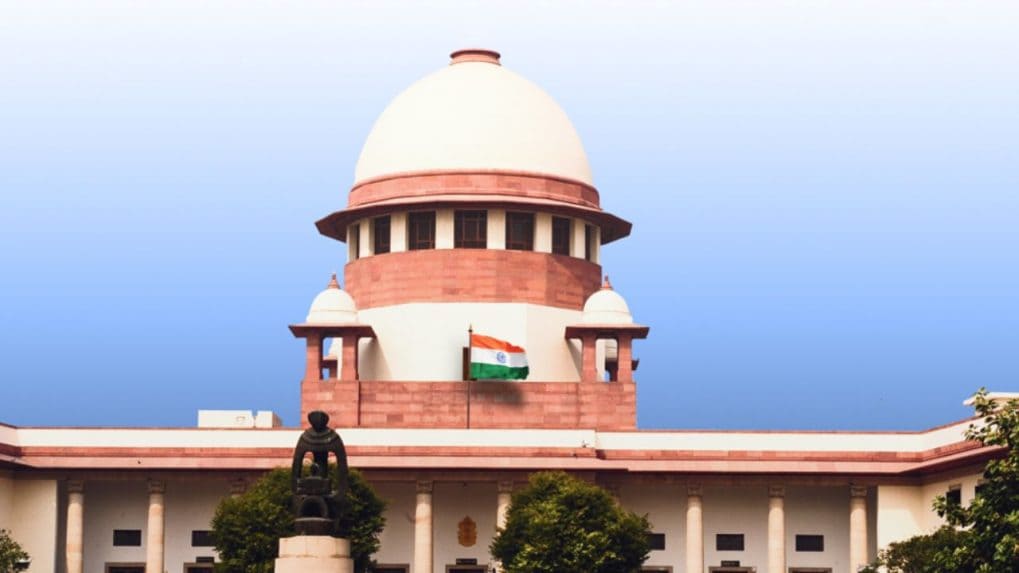Breaking: SC 28% GST gaming case, Govt seeks adjournment
The case, with an estimated financial impact of ₹2.5 lakh crore, is one of the biggest tax battles in India’s history.
ADVERTISEMENT
The Indian government on Tuesday sought adjournment at the Supreme Court in the 28% GST case levied on gaming companies. Gaming companies are mounting a strong defense against what they call an unjustified tax burden that could cripple the sector. The case, with an estimated financial impact of ₹2.5 lakh crore, is one of the biggest tax battles in India’s history.
Additional Solicitor General N. Venkatraman, who will argue in favor of the tax demands and defend the government’s position on retrospective taxation sought the adjournment due to another important taxation matter at the Supreme Court. Senior counsel Dr. Abhishek Manu Singhvi representing Gameskraft requested for next hearing to be in month of April or end of March.
Justices JB Pardiwala and R Mahadevan heard the matter and were inclined to hear the matter within next few days. Gaming companies are challenging the government’s interpretation of Rule 31A of the CGST Rules, which states that GST at 28% should be levied on the face value of each bet. The industry argues that this rule applies only to gambling and betting, not to games of skill like rummy, poker, or fantasy sports.
It should be noted that 28% GST has drastically affected the real money gaming industry but if the Court rules in favor of the gaming industry, it would set a major legal precedent, reinforcing the distinction between games of skill and gambling. The decision will also impact future regulatory policies, investor sentiment, and the long-term sustainability of India’s booming real-money gaming (RMG) sector.
Another top counsel on condition of anonymity said, "The industry has a very strong case on merits as plethora of High Court judgments support the case and there is seven-decade of jurisprudence making it clear that games of skill are distinct from gambling and betting. The government is claiming that Rule 31A of CGST Rules (taxation of gambling/betting @28% on face value of bets) is applicable for the period July 2017-October 2023, online skill-gaming when played for stakes falls within the ambit of betting and gambling and that the platforms are supplying actionable claims amounting to gambling and betting."
As the battle unfolds, all eyes are on the Supreme Court’s final verdict, which could determine the fate of India’s online gaming sector.


